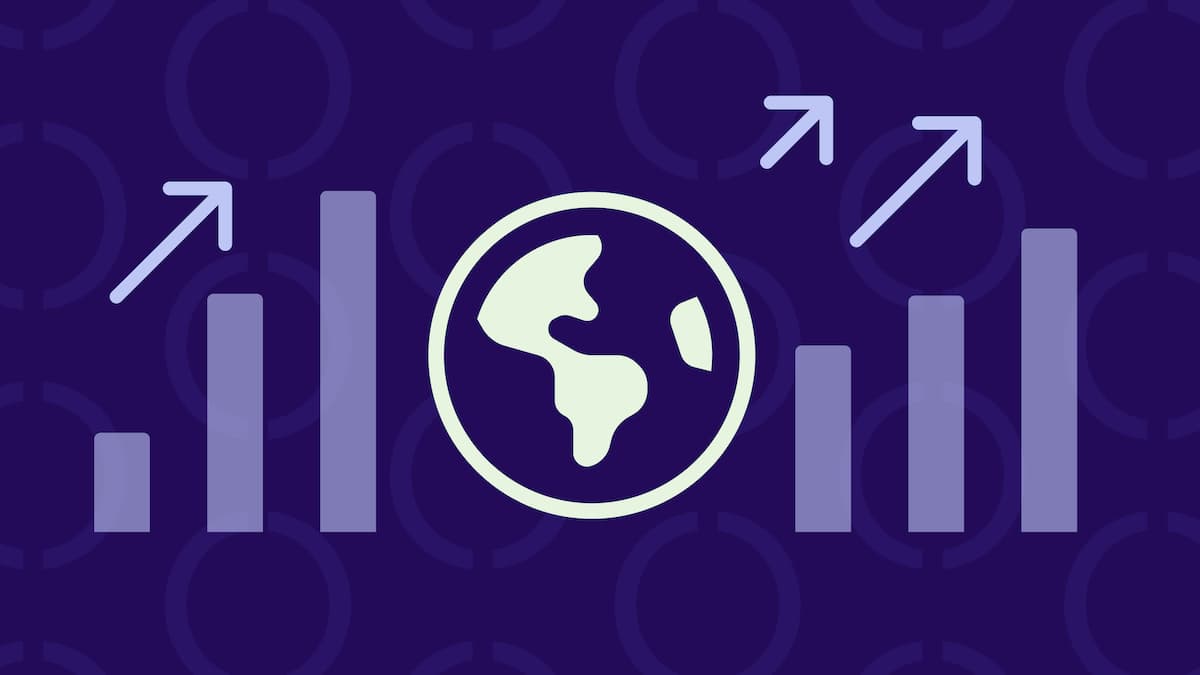Due Diligence: The backstory on background checks

In this day and age we would never underestimate the importance of due diligence in minimizing risk, fraud, and mishandled funds in our businesses. But how did this practice develop? Today we’re delving into the history of due diligence to unearth its origin story, early uses, and evolution over the years.
Due diligence expands from niche use cases to widespread adoption
After the stock market crash of 1929, Congress passed the The U.S. Securities Act of 1933, requiring companies selling securities on public exchanges to supply investors with ample information and documentation to make an informed decision. Thus, the term due diligence was born solidifying its place in the lexicon of business. Initially used as a defense for brokers who allegedly failed to provide adequate disclosure to investors, the term evolved to include a wider range of business assessments in numerous industries. Today, due diligence is a critical and customary practice in industries such as finance, legal, technology, healthcare, real estate, and the public sector.
The multifaceted uses & benefits of due diligence
Due diligence casts a wide net, gathering crucial information that directly affects any business’ success. Its uses and respective benefits are robust, bolstering companies with an amplified ability to make decisions, scale, establish trusted partners, and protect assets and profits. In today’s market, where fraud and identity theft run rampant, you can’t judge a book by its cover. Due diligence is essential in unearthing inaccurate and inconsistent information as well as shady pasts that could threaten your business and cost you millions.
The broad range of benefits due diligence delivers varies based on the industry and use case. Client, employee, and investor screenings get to the bottom of who you’re doing business with through background checks, revealing any criminal history, bankruptcy, inconsistencies in resume, and all around bad press associated with your potential new associate. Litigation support helps lawyers collect essential facts to make a case in court and vet witnesses and experts on their side and the opposition. Corporate and real estate transactions as well as mergers and acquisitions verify the details and finances on potential deals, exposing any shell companies, international entities, and criminal activity while confirming valuations and compliance. Risk assessment points to any unknown risk that could sabotage a deal or litigation, protecting businesses from loss and negative press. Vendor commercial due diligence helps both buyers and sellers by increasing transparency while decreasing cost and expediting the merger and acquisition process. And soft due diligence ensures companies' cultures mesh well together before merging.
Late adapters experience setbacks Failing to perform due diligence entirely or thoroughly can cost businesses millions in monetary damages and expose them to reputational hazards. The repercussions are as wide and varied as the benefits vetting provides. Examples include deals falling through, damaged reputation by association, key people termination, loss of funds to illegitimate investments, as well serious, punishable offenses such as fraud, money laundering, and embezzlement. According to a report from Bain & Company, “Almost 60% of executives attributed deal failure to poor due diligence that did not identify critical issues.”
Technology advances due diligence at rocket speed As technology advances so does the efficiency of due diligence. AI has rapidly accelerated the process, providing the ability to scrub the internet for information faster, smarter, and more thoroughly than ever before. The time consuming process of weeding through hundreds of thousands of data points and antiquated 50 page documents for relevant information is a thing of the past. Performing due diligence can now be completed in a matter of days, with technology providing easy to access and digest results that are summarized, prioritized, and customized to your specific needs. Intelligo provides optimal results by combining AI technology with human analysts, offering a robust suite of services to fit you and your businesses needs. Schedule your free demo today and step into the modern age of due diligence.
Background checks tailored to your business needs.
Companies of all sizes, from boutique investment firms to global asset allocators, use Intelligo for all their background check and continuous monitoring needs.



